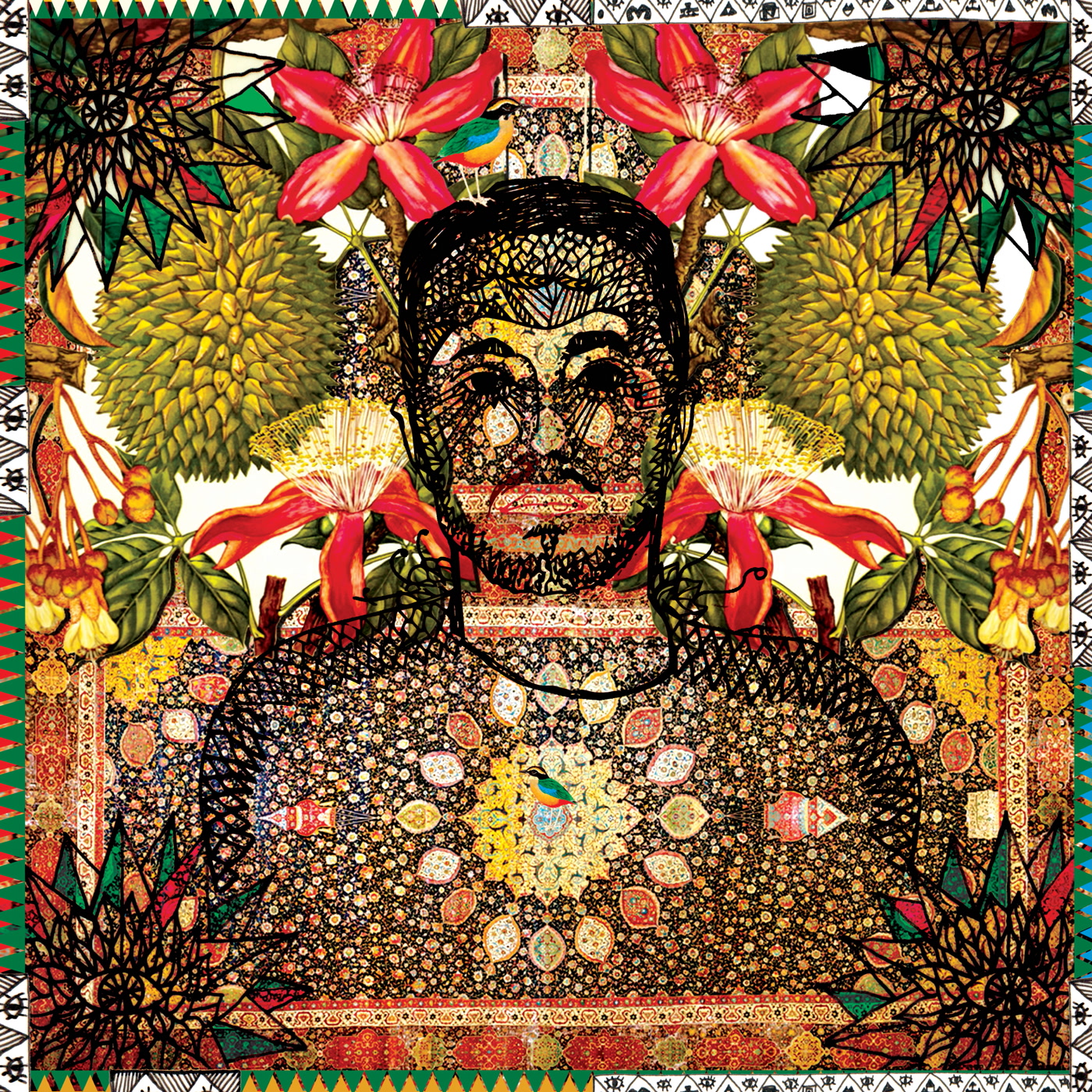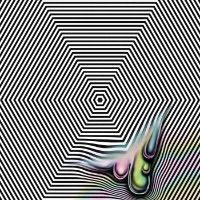- Digital
Ali Kuru
Egzotik
Leng Records
- Cat No: LENGLP011DD
- Release: 2017-07-14
- updated:
Track List
-
1. Ali Kuru - Bazaar
02:17 -
2. Ali Kuru - Tangerine Dream
05:39 -
3. Ali Kuru - Zorba the Greek
03:43 -
4. Ali Kuru - Mirage
07:05 -
5. Ali Kuru - Return to Paradise
05:42 -
6. Ali Kuru - Le Voyage De Space
05:50 -
7. Ali Kuru - Hiyar
05:38 -
8. Ali Kuru - The Catcher in the Rye
01:20 -
9. Ali Kuru - Ashoka
06:51 -
10. Ali Kuru - Mount Damavand
05:46 -
11. Ali Kuru - Sacred Valley
05:31 -
12. Ali Kuru - Love
01:51 -
13. Ali Kuru - Jungle Flower
02:50 -
14. Ali Kuru - Lost Bedouin
05:40 -
15. Ali Kuru - Adios
04:04
16bit/44.1khz [wav/flac/aiff/alac/mp3]
Few artists can claim to have their own distinctive “musical voice”: a style of composition and production that listeners instantly recognize. For starters, it takes years of experimentation to perfect, and most people simply don’t have the patience, talent or skills to pull it off.
Ali Kuru is one of those rare producers whose music sounds like nothing else around. The Istanbul-based artist has spent the best part of a decade honing his trademark style – a fragrant and intoxicating aural brew that combines a myriad of influences with atmospheric field recordings and snaking, mind-altering Middle Eastern instrumentation – via releases for the likes of Luxa Flex, Kalisah, Sound Architecture and, most recently, Leng.
It’s to the latter label that the publicity-shy producer returns with his most ambitious release to date, Egzotik. 15 tracks and 70 minutes deep, it’s not so much a debut album as a statement of intent. From start to finish, it feels like a humid, sweat-soaked saunter through the winding streets of Istanbul in the company of a musician who draws more inspiration than most from his immediate surroundings.
Those surroundings come to the fore on opener “Bazaar”, where tipsy horns and gently strummed electric guitar passages slowly rise above the sound of a harbourside market.
They’re present, too, within the souk rhythms and cascading pianos of “Zorba The Greek”, beneath the gentle throb of “Lost Bedouin”, inside the spaced-out, stargazing pulse of “Hiyar”, and around the chiming melodies and mournful strings of hushed ambient closer “Adios”.
Kuru’s genius lies in his ability to take familiar musical tropes and twist them into unique, Ottoman-inspired shapes. So, while “Tangerine Dream” doffs a cap to the stretched-out hypnotism of the legendary krautrock band of the same name, its reliance on backwards drum hits, locked-in grooves and psychedelic sample loops is a far more contemporary proposition.
Some may hear the influence of Detroit beatdown in the slow and dubby house grooves of “Le Voyage De Space”, while others could describe the drowsy “Ashoka” as being Weatherall-esque. Yet none of these tracks, layered as they are with traditional Balkan, Persian and Arabic instrumentation, sound like anything other than Ali Kuru productions.
The result is an album that surprises and enthralls in equal measure. Highlights come thick and fast, from the bubbling, dub-house psychedelia of “Mount Damavand” and haunting deep techno humidity of “Sacred Vallley”, to the Augustus Pablo-in-Ankara shuffle of “Jungle Flower” and potent hookah hit of “Return to Paradise”, where sampled voices rise above a typically tactile groove.
Ali Kuru is one of those rare producers whose music sounds like nothing else around. The Istanbul-based artist has spent the best part of a decade honing his trademark style – a fragrant and intoxicating aural brew that combines a myriad of influences with atmospheric field recordings and snaking, mind-altering Middle Eastern instrumentation – via releases for the likes of Luxa Flex, Kalisah, Sound Architecture and, most recently, Leng.
It’s to the latter label that the publicity-shy producer returns with his most ambitious release to date, Egzotik. 15 tracks and 70 minutes deep, it’s not so much a debut album as a statement of intent. From start to finish, it feels like a humid, sweat-soaked saunter through the winding streets of Istanbul in the company of a musician who draws more inspiration than most from his immediate surroundings.
Those surroundings come to the fore on opener “Bazaar”, where tipsy horns and gently strummed electric guitar passages slowly rise above the sound of a harbourside market.
They’re present, too, within the souk rhythms and cascading pianos of “Zorba The Greek”, beneath the gentle throb of “Lost Bedouin”, inside the spaced-out, stargazing pulse of “Hiyar”, and around the chiming melodies and mournful strings of hushed ambient closer “Adios”.
Kuru’s genius lies in his ability to take familiar musical tropes and twist them into unique, Ottoman-inspired shapes. So, while “Tangerine Dream” doffs a cap to the stretched-out hypnotism of the legendary krautrock band of the same name, its reliance on backwards drum hits, locked-in grooves and psychedelic sample loops is a far more contemporary proposition.
Some may hear the influence of Detroit beatdown in the slow and dubby house grooves of “Le Voyage De Space”, while others could describe the drowsy “Ashoka” as being Weatherall-esque. Yet none of these tracks, layered as they are with traditional Balkan, Persian and Arabic instrumentation, sound like anything other than Ali Kuru productions.
The result is an album that surprises and enthralls in equal measure. Highlights come thick and fast, from the bubbling, dub-house psychedelia of “Mount Damavand” and haunting deep techno humidity of “Sacred Vallley”, to the Augustus Pablo-in-Ankara shuffle of “Jungle Flower” and potent hookah hit of “Return to Paradise”, where sampled voices rise above a typically tactile groove.



